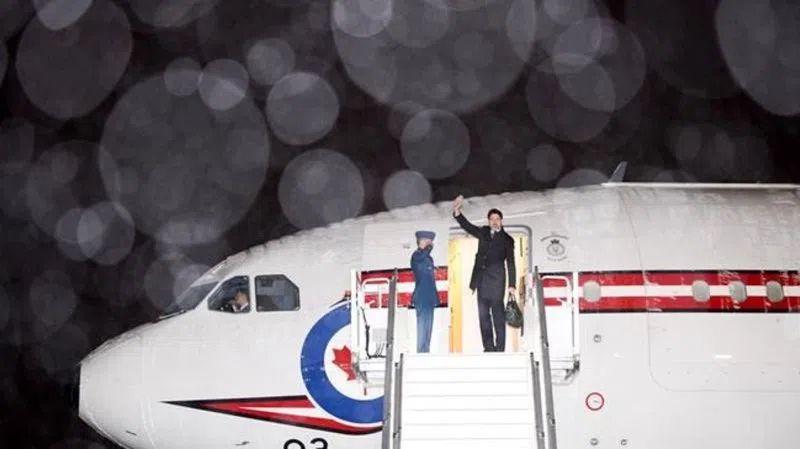
Experts urge PM Trudeau to use African trip to reset relationship
OTTAWA — Prime Minister Justin Trudeau left Thursday for a trip to Africa, where he will be the first Canadian prime minister to participate in a session of the African Union.
With just five months left before the United Nations Security Council vote, Trudeau’s trip is widely expected to be focused on wooing African support for Canada’s bid for one of the two available temporary seats.
At a briefing for media prior to the trip, officials from the Prime Minister’s Office acknowledged the security council vote is one reason for the journey. But they also said building stronger relationships overall, finding opportunities for Canadian business, and engaging on issues like climate change and the empowerment of women and girls are all part of the agenda.
The officials at the briefing spoke only on the condition they not be identified.
